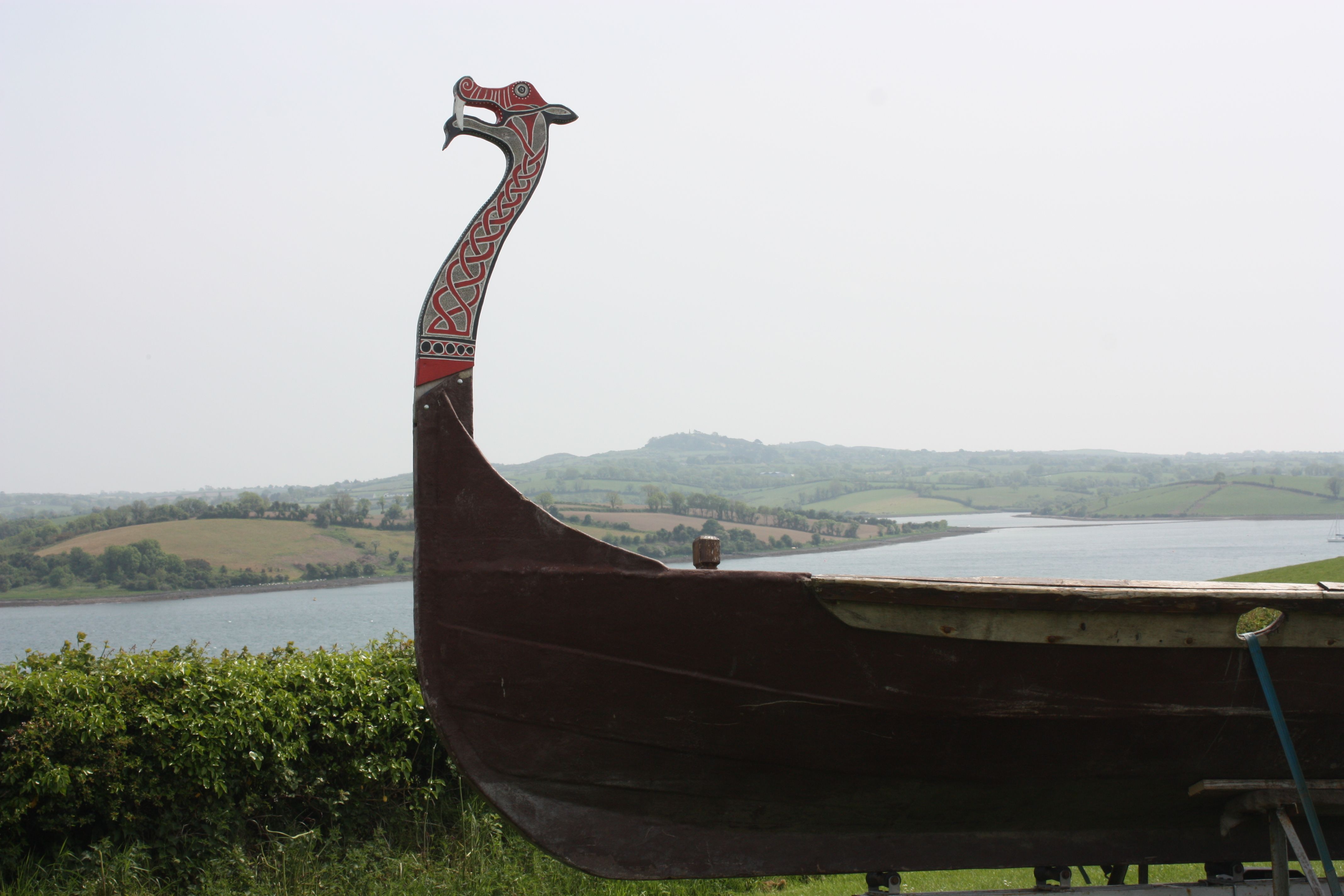Ernst Stidsing, an archaeologist and the curator at East Jutland Museum, has discovered that the body of a woman buried in a Viking grave in Randers was born in Norway.
The remains of her teeth were subjected to a strontium analysis, which can show where a person is born and grew up. The results of the analysis, together with jewellery found with the body, pointed to the fact that she grew up in southern Norway.
Ernst Stidsing added that people have always travelled and emigrated. However, the exact circumstances of her coming to Denmark are unknown. It isn’t clear whether she came of her own free will, was a party in an arranged marriage, or if there was another reason for her presence in Denmark.
READ MORE: Vikings took cats on their travels
A very rich woman
However, the items found in the grave show that she was well-off and of high status.
“She has had bronze buckles in a warm orange-yellow colour, decorated silver jewellery capsules and a string of glass and metal pearls,” Stidsing told Videnskab.dk.
“She must have been quite a sight when she walked through the town. She might even have been the wife of the local chieftain.”
How ever she ended up here, her presence shows a lot about contemporary conditions.
“Denmark was already a multi-ethnic society in the Viking age”, said Stidsing. “The world was globalised even then, with both peaceful coexistence and acts of war taking place.”
A more nuanced picture
Archaeologists are beginning to piece together a picture of the period, which was much more changeable than was previously thought.
“Today, we live in a period where there are streams of refugees and mass-migrations” said Stidsing.
“This was also the case in the past due to famine, lack of space, trading, love and war. It has been the same always and the women buried in Enghøj proves that.”
Another famous archaeological find, the Egtved girl, has recently been found to come from what is now Germany and not Denmark at all.














